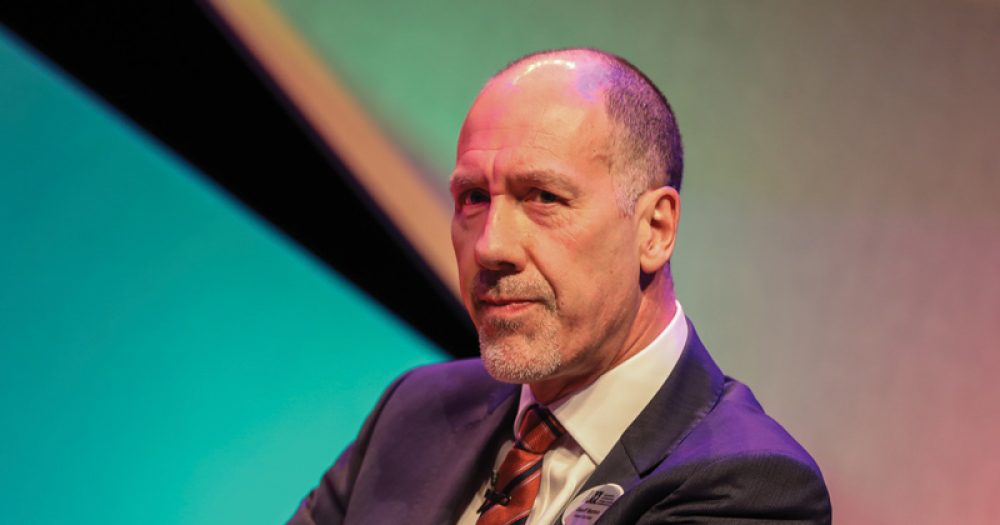Government promises and rising costs will eat up much of the £7.1 billion additional funding pledged by ministers – leaving just £14,000 extra per school, a union claims.
The Association of School and College Leaders said its own calculations show just £300 million will be left over for schools to reverse years of cuts.
The union, which has published its submission to the Treasury ahead of next month’s budget, said at least another £1.1 billion is needed, on top of the £7.1 billion already promised by ministers.
Geoff Barton, ASCL general secretary, added: “This is nowhere near enough to restore the courses, extra-curricular activities and pupil support services cut since 2015, or to reverse rising class sizes.
“We are not arguing with the spending commitments made by the government. Our point is that this pot of money is not enough to deliver all the promises it has made and also reverse the education cuts.”
The government has promised to increase the schools budget by £7.1 billion by 2022.
But ASCL claimed a forecast growth in pupil numbers will cost £1 billion, general inflation will cost £2.4 billion, with plans to increase teacher pay – including upping starting salaries to £30,000 by 2022 – also absorbing another £2.3 billion*.
Meanwhile, the government has promised £780 million extra to high needs provision and another £300 million to “level up” the worst-funded schools.
That leaves just £300 million extra, the union claims. Between 21,000 state-funded schools in England that equates to about £14,000 each – less than a third of the cost of a teacher.
ASCL has now called on the government to provide funding for the proposed teacher pay increases separately to the £7.1 billion funding rise.
Education secretary Gavin Williamson has previously said the “funding increase – the largest cash boost in a generation – means our schools can continue to raise standards and build an education system that boosts productivity, improves social mobility and equips children with the skills and knowledge they need to succeed in the bright future that lies ahead”.
A DfE spokesperson added: “The Institute for Fiscal Studies has already noted that this investment will broadly restore schools’ funding to previous levels in real terms per pupil by 2022-23, giving schools, teachers and parents the certainty to plan, improve standards and ensure all children get the top quality education they deserve.”
*Next year’s pay rise, at 3 per cent, will cost £455 million (for the seven months of the financial year it covers). The 3 per cent rise across 12 months is £780 million which, for the next three years, will amount to £2.3 billion.








Your thoughts